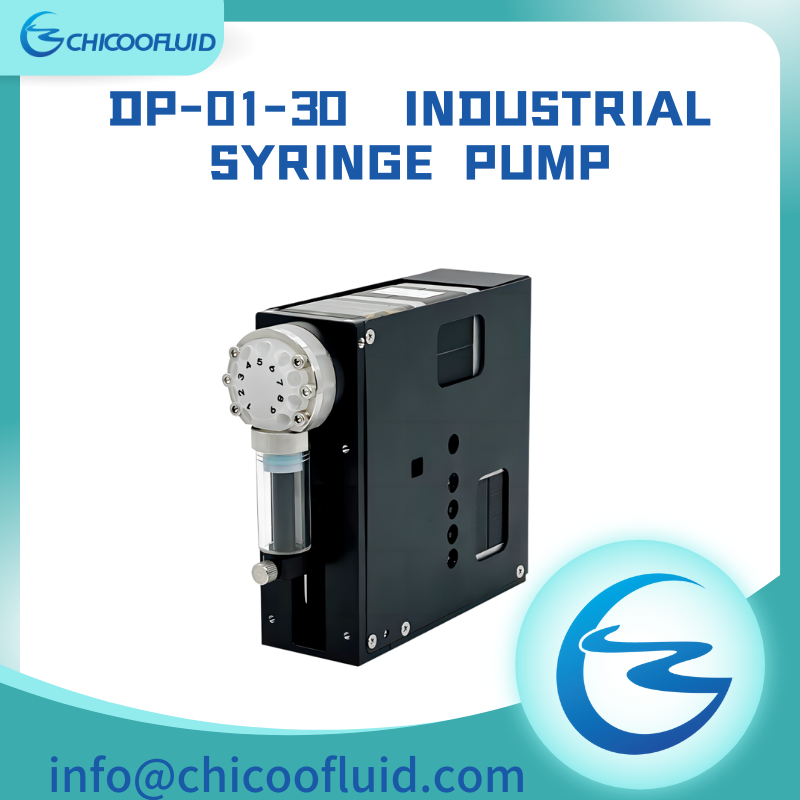Introduction:
Water quality analysis plays a crucial role in ensuring a safe and sustainable water supply. Accurate measurement and monitoring of various parameters are essential in determining the overall water quality. In recent years, high-precision industrial syringe pumps have emerged as valuable tools for achieving precise and reliable results in water quality analysis. This article explores the application of these advanced pumps in the field of water quality analysis.
- Importance of Water Quality Analysis:
Water quality analysis helps identify potential contaminants, assess the suitability of water for different purposes, and ensure compliance with regulatory standards. It involves the measurement of various parameters such as pH, dissolved oxygen, conductivity, turbidity, and chemical concentrations. These measurements provide insights into the overall health and safety of the water system. - Challenges in Water Quality Analysis:
Accurate measurement of water parameters is crucial but can be challenging due to factors like sensitivity to environmental conditions, potential interference from other substances, and the need for precise dosing of reagents. Manual dosing methods are prone to errors, leading to inaccurate results and potentially compromising the safety and reliability of the analysis. - Role of High-precision Industrial Syringe Pumps:
High-precision industrial syringe pumps offer a solution to the challenges faced in water quality analysis. These pumps utilize advanced technologies to deliver precise and consistent dosing of reagents into water samples. They can maintain a constant flow rate and ensure accurate dosing volumes, even in demanding environmental conditions. Syringe pumps also reduce the risks of human error and variability in the analysis process. - Benefits of High-precision Industrial Syringe Pumps in Water Quality Analysis:
a. Accurate and Reliable Results: The precise dosing capabilities of injection pumps eliminate errors in reagent volumes, ensuring accurate and repeatable analysis results.
b. Enhanced Efficiency: Syringe pumps can significantly reduce the time required for analysis, allowing for faster and more efficient monitoring of water quality.
c. Reduced Waste: The controlled dispensing of reagents minimizes waste, leading to cost savings and environmental benefits.
d. Compatibility: High-precision syringe pumps can be integrated into existing water quality analysis systems, making them adaptable for different laboratory setups. - Applications of High-precision Industrial Syringe Pumps in Water Quality Analysis:
a. Chemical Analysis: Industrial Syringe pumps accurately dose reagents for pH adjustment, colorimetric analysis, and titration, ensuring precise measurement of various chemical parameters.
b. Disinfection Monitoring: Industrial Syringe pumps play a vital role in the accurate and consistent dosing of disinfectants such as chlorine or ozone, enabling real-time monitoring of disinfection levels.
c. Nutrient Monitoring: Industrial Syringe pumps are utilized for precise dosing of reagents in the analysis of nutrients like phosphates and nitrates, aiding in the assessment of eutrophication and environmental impacts.
d. Metal Analysis: In water samples where trace metals are of concern,Indusatrial syringe pumps deliver precise volumes of chelating agents for metal complexation, facilitating accurate analysis.
Conclusion:
The application of high-precision industrial syringe pumps in water quality analysis has revolutionized the accuracy, efficiency, and reliability of the process. By ensuring precise dosing of reagents, these pumps contribute to the generation of accurate and repeatable analysis results. With their versatile applications, injection pumps continue to play a significant role in ensuring the safety and sustainability of our water resources.


